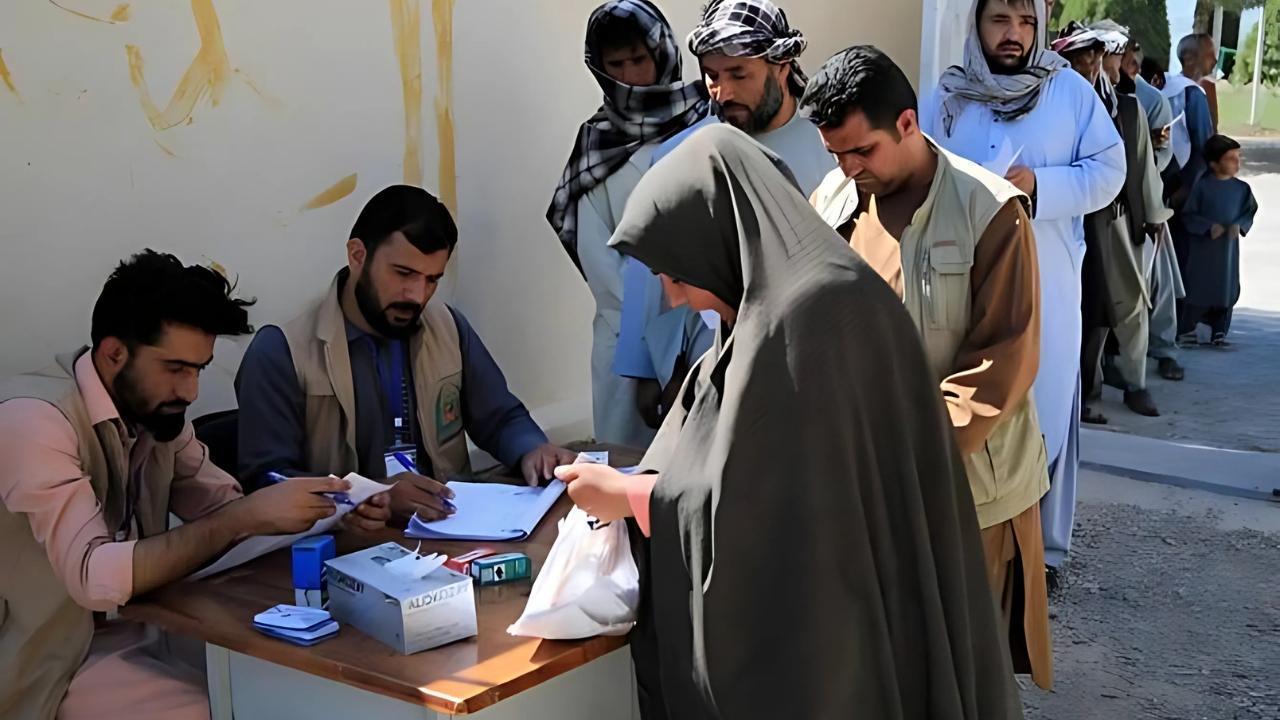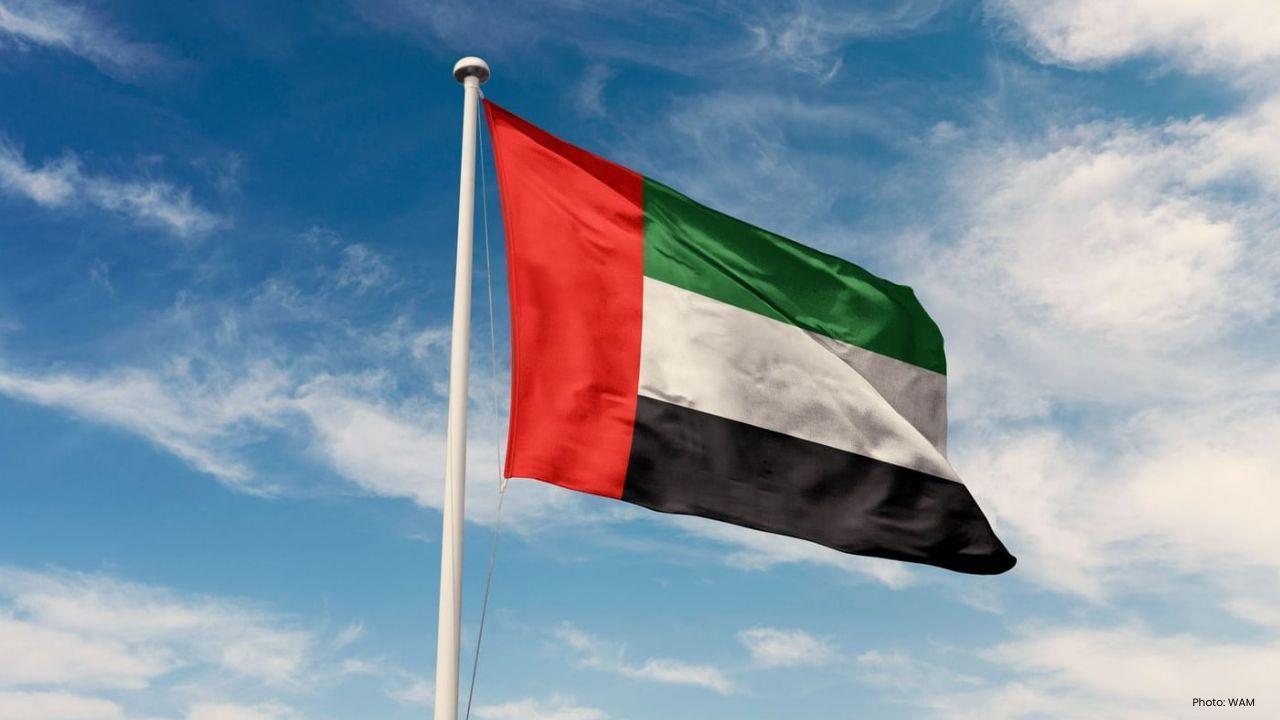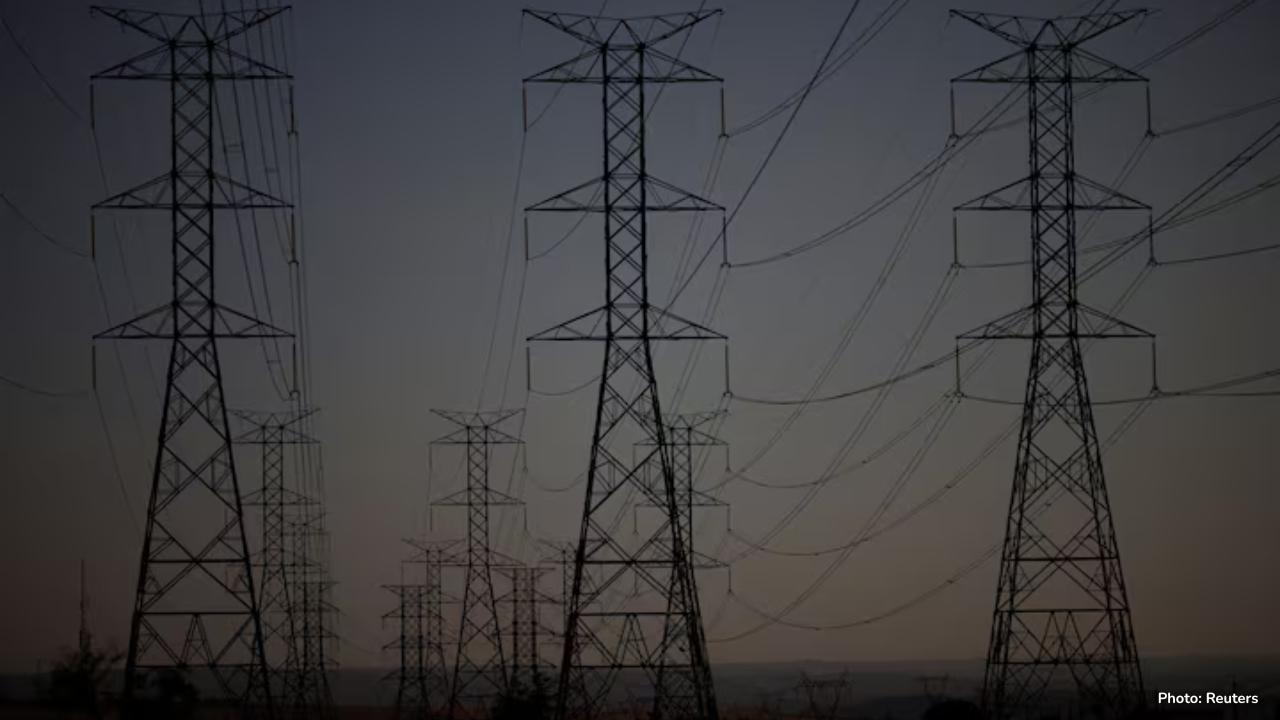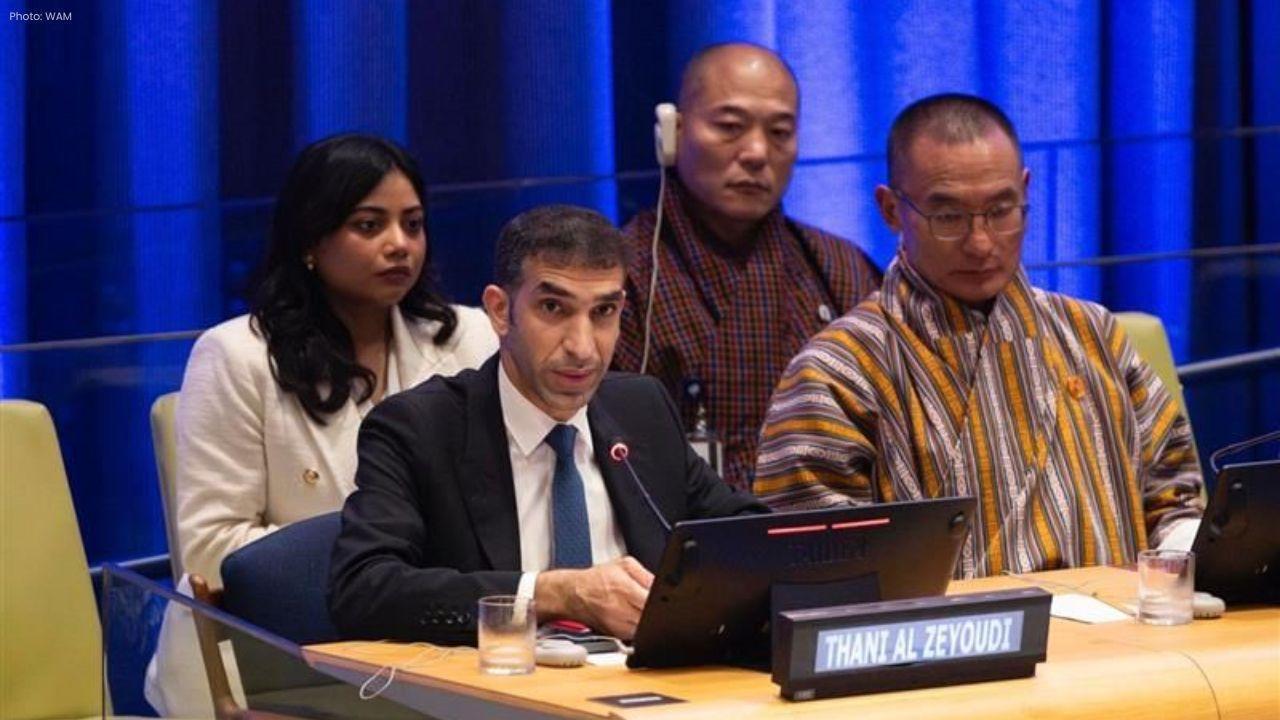
Post by : Priya
Photo:AFP
In 2025, Pakistan has taken a firm step to deport over 1.3 million registered Afghan refugees holding Proof of Registration (PoR) cards, marking a significant milestone in one of the longest-running refugee situations in the world. This decision, implemented after the expiry of PoR cards on June 30 and with formal deportations beginning September 1, has triggered widespread concern among international organizations, humanitarian groups, and the refugee communities themselves.
Historical Context: Decades of Afghan Refugees in Pakistan
Pakistan has been a refuge for millions of Afghans since the Soviet invasion of Afghanistan in 1979. Over the last four decades, waves of Afghans fled war, political instability, economic hardship, and later the return of the Taliban regime in 2021. These refugees settled mainly in Khyber Pakhtunkhwa (KP) province, Balochistan, Sindh, and Punjab.
The Pakistani government has provided various forms of documentation over time, including Afghan Citizen Cards (ACC) for about 800,000 people, and the more recent Proof of Registration (PoR) cards issued to about 1.3 million Afghan refugees, granting them temporary legal stay and some limited rights like access to education and healthcare.
The PoR cards issued in 2018 gave refugees legal documentation until June 30, 2025. This expiry date was crucial in Pakistan’s decision to end the temporary refugee status for these registered Afghans and to initiate a repatriation and deportation process.
Pakistan’s Policy and Implementation
The deportation strategy unfolds in phases:
Unregistered Afghans were the first target, urged to leave or face deportation.
Holders of Afghan Citizen Cards (ACC) – around 800,000 Afghans – were next in the repatriation drive.
Registered PoR Card Holders – over 1.3 million Afghans – are now being deported following the expiration of their PoR documentation.
Law enforcement agencies have been given authority to arrest and deport those staying illegally. Police conduct home visits and random checks in regions with high Afghan populations in eastern Punjab, southwestern Balochistan, southern Sindh, and KP province. However, officials assert that deportations are carried out respectfully and in accordance with law.
Human Impact: Fear and Uncertainty Among Afghan Refugees
For many Afghans, Pakistan is home. Generations have grown up, attended schools, and built lives here. Families face the difficult reality of forced return to Afghanistan, a country still grappling with instability, economic crisis, and harsh Taliban rule.
Rehmat Ullah, an Afghan father from Peshawar, shared his worries: “I have five children, and I worry they will miss their education. I was born here, my children were born here, and now we are leaving.” The uncertainty about safety, access to services, and future livelihoods weighs heavily on returning refugees.
International Response and UNHCR’s Position
The United Nations High Commissioner for Refugees (UNHCR) has expressed strong concerns over forced deportations, highlighting that such actions violate international refugee protection principles, especially the concept of non-refoulement, which prohibits returning refugees to countries where they face danger or persecution.
UNHCR notes that Afghanistan, under Taliban control since 2021, poses significant risks particularly to women, children, activists, and ethnic minorities. The accelerated pace and forced nature of these deportations threaten the lives and freedoms of those being returned.
UNHCR advocates for voluntary, gradual, and dignified repatriation processes. It urges Pakistan to consider exceptions for vulnerable groups such as people with medical needs, university students, and those married to Pakistani nationals. The agency has also warned that the mass movement of refugees produces instability not only in Afghanistan but across the region.
Legal and Political Dimensions in Pakistan
Pakistan maintains that Afghan nationals without valid visas or residency documents are living illegally and pose challenges to national security and border management. Deportation is framed as a legal necessity to ensure sovereignty, reduce illegal residence, and improve security, particularly in border areas reportedly used by militants.
The Interior Ministry leads the enforcement effort under an "Illegal Foreigners Repatriation Plan,” but has so far refrained from detailed public comment. Officials claim deportations are focused and respectful, not involving mass arrests but targeted home visits and checks.
Humanitarian and Regional Stability Concerns
The forced returns occur amid one of the worst humanitarian situations in Afghanistan. Economic collapse, food insecurity, restricted women’s rights, and lack of access to healthcare have compounded the crisis. Over 2 million Afghans have already returned voluntarily or forcibly this year from neighboring countries including Pakistan and Iran, exacerbating pressure on limited infrastructure and services.
The widespread deportations risk destabilizing communities already under strain. Receiving areas in Afghanistan, difficult to access and poorly equipped, face overwhelming demand for housing, food, and medical support. Local groups and the international community are struggling to meet needs.
This large-scale movement may also trigger secondary migrations, as displaced individuals look to escape worsening conditions and search for alternative refuges, contributing to regional insecurity.
Pakistan Afghan refugee deportation










OpenAI's Revenue Soars to $4.3 Billion in First Half of 2025
OpenAI's revenue reaches $4.3 billion in the first half of 2025, marking a 16% increase from the pre

UAE Leaders Send Condolences to Saudi King Over Princess Abta's Death
UAE rulers and crown princes sent heartfelt messages to King Salman, mourning the passing of Princes

Brazil's Surplus Clean Energy Attracts Crypto Miners
Brazil's excess renewable energy is luring cryptocurrency miners. Companies like Tether and Renova E

Visa Tests Stablecoins to Make Global Payments Faster
Visa is testing stablecoins for international payments, aiming to speed up transactions and reduce t

Opera Unveils Neon AI Browser for Smarter Web Browsing
Opera introduces Neon, an AI-powered browser that automates tasks and enhances privacy, aiming to re

Albanese Visits Sheikh Zayed Grand Mosque in Abu Dhabi
Australian PM Albanese tours Sheikh Zayed Grand Mosque, highlighting peace, tolerance, and cultural